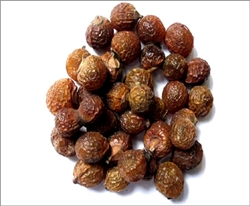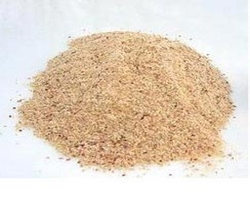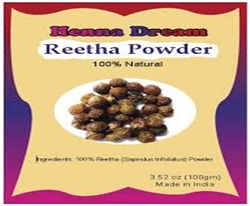Reetha Products



An attractive medium sized deciduous tree, Reetha (Sapindus mukorossi), stands up to 20 m in height, with gray smooth bark and pinnate leaves. The tree bears leaves in 5-10 pairs, with large drupes. The trunk of the tree is straight and cylindrical, going 13-16 ft in height and has an umbrella-like hemisphere measuring about 16 ft in diameter. The tree is ever-growing and in 70 years of existence, it can attain a height of up to 82 ft and a girth of up to 9-16 ft. The size of the leaflets tapers towards the tip of the rachis.
The flowers on Reetha plant grow during the summer season and are small in size and greenish white in color. The fruit appears in July and August and ripens by the months of November and December. This ripened fruit is then either sold in the market as soap nut or collected for seeds, as they tend to germinate easily. The dried fruit has a soapy texture and is used to prepare quality shampoos, detergents and a substitute for washing hands. Moreover, the plant is soft and green when it is fresh.
-
Uses & Benefits of Reetha
Reetha is used as the main ingredient in soaps and shampoos for washing hair, as it is considered good for the health of hair. The trend of washing hair with soapnut (reetha) is still followed in many local households.
The jewelers in India use this plant to bring back the lost brightness of ornaments made of precious metals like gold, silver, etc.
The herb is also used in the treatment of extra salvation, migraine, epilepsy and chlorosis.
It has been placed as a popular herb in the list of herbs and minerals in Ayurveda and is used as an important ingredient in cleansers and shampoos. In addition, it is used for the treatment of eczema, psoriasis, and for removing freckles.
Reetha is also used for removing lice from the scalp, as it has gentle insecticidal properties.
The plant is known for its antimicrobial properties that are beneficial for septic systems.
It is an important herb that is used in the treatment of contaminated soil. Moreover, it has also been used for washing and bleaching cardamoms, further helping in improving the latter’s color and flavor.
-
Caution
Reetha has no adverse effects, but direct contact with the eyes should be avoided.